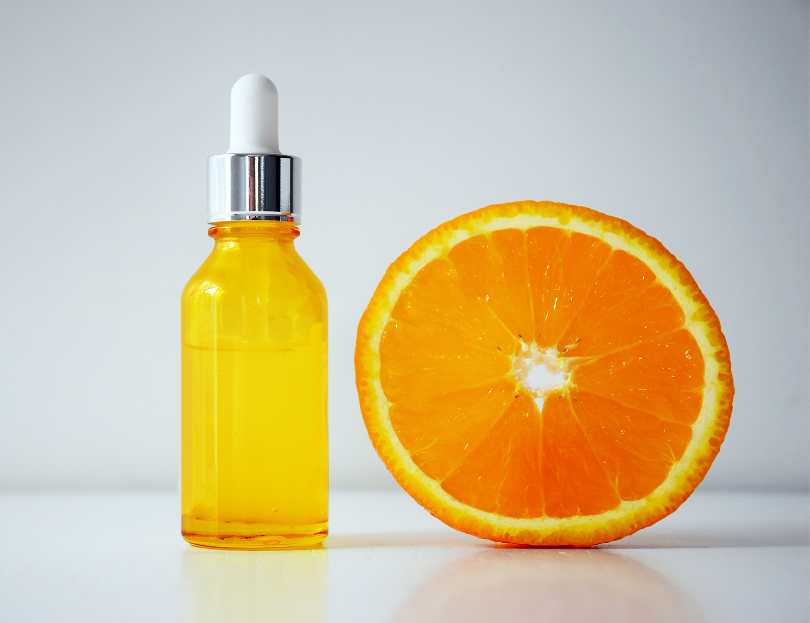The most potent form of vitamin C, ‘L-ascorbic acid’, is as valuable and effective as it is unstable and fragile.
With even a small amount of exposure to air and light, it quickly oxidizes and unfortunately loses its efficacy.
Oxidation means that your vitamin C product turns orange-brown. Such a product is neither beneficial nor harmful to the skin.
I’ll talk about more stable derivatives of vitamin C
- Sodium ascorbyl phosphate
- Magnesium ascorbyl phosphate
- Ascorbyl glucoside
- 3-0-Ethyl ascorbic acid
- Tetrahexyldecyl ascorbate
- They are not as powerful as pure vitamin C.
- They are highly stable and have a longer shelf life.
- They need to convert to L-ascorbic acid for effectiveness, but there are limited studies on how much conversion actually occurs.
- They are less irritating than pure vitamin C.
- If your skin is sensitive to pure vitamin C or if you’re just starting with vitamin C, you might prefer these derivatives.


